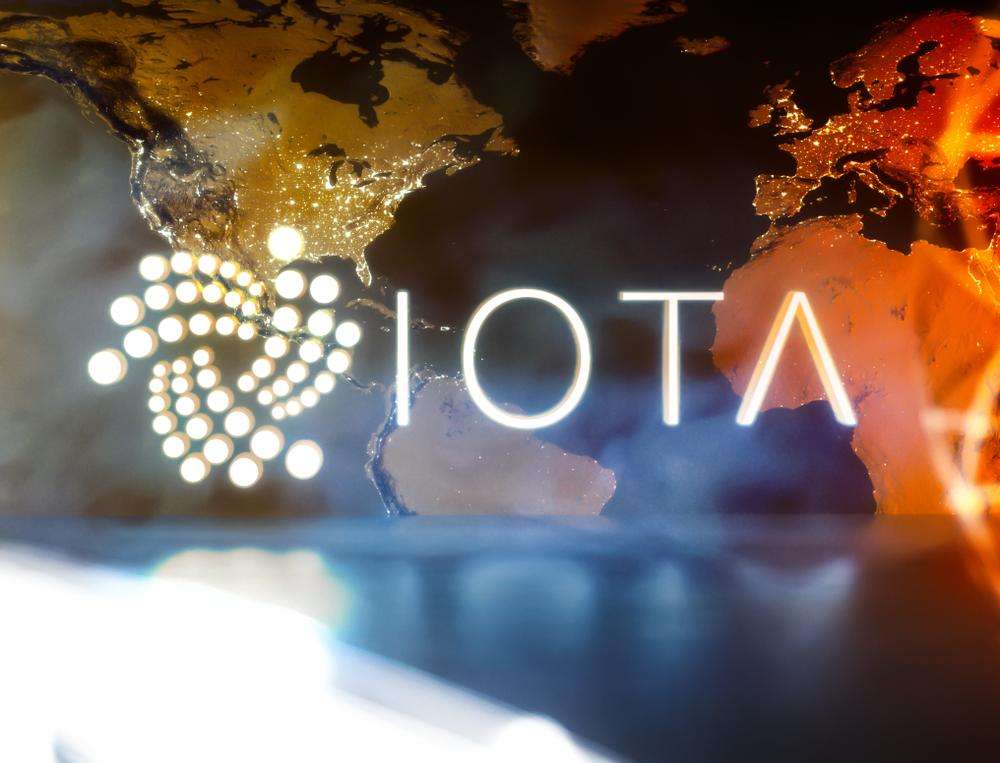
- EU’s Digital ID project aims at making cross-border payments among member states absolutely effortless with stronger authentication.
- IOTA’s Digital Identity solution could provide additional benefits through decentralized digital identities in a digital economy.
The European Union is actively working on introducing Digital Identity wallets and -plans to launch a large-scale payments pilot in early 2023 to test cross-border transactions. The European Commission has sanctioned a €37 million budget for the upcoming electronic Identification, Authentication, and Trust Services (eIDAS).
The deadline for the full Digital ID implementation is September 2023, across the EU member states. The goal is to “show how payments and ID can be combined effortlessly, across borders and in multiple currencies” and to “bring to life the most used of the European Union’s priority use cases for the wallet – payments.”
The pilot solution will also demonstrate how the Digital ID wallet will help in performing strong customer authentication. The Digital ID project by the EU seeks to complement broader EU plans and introduce seamless payments and transfers across member states. It will complement the plans for the European Payments Initiative (EPI) as well as the Digital Euro.
The implementation of the Digital ID wallets will leverage the existing payment infrastructure. This would enable payment issuance, instant payments, and account-to-account transfers. The Digital ID would also facilitate customer payments in-store as well as online.
However, while the European Union is working on Digital Euro, relying on the same existing infrastructure for Digital IDs could be a mistake. Rather, it can consider blockchain-based digital ID solutions as offered by the likes of IOTA.
IOTA’s Digital Identity Solution
IOTA’s digital identity solution aims at leveraging blockchain technology and offering decentralized identity solutions in a digital economy. With IOTA Identity, the platform will unify identity under a single protocol offering seamless interaction between all forms of identities. Such an identity solution is like to be more suitable for the EU’s grand vision of Digital IDs.
Besides, the IOTA Identity solution can give proof of ownership of physical products in digital forms. This will drastically improve the trust factor among people while further reducing the chances of fraud. The most interesting part as explained by IOTA is:
The protocol is built with “data protection and privacy by design” and complies with privacy and data management laws around the world, such as the European General Data Protection Regulation (GDPR).
The IOTA Identity offers users a neutral and trusted protocol for identification. There’s no single entity controlling everything. Besides, the network is entirely public and permission-free. In contrast, data protectionists have sounded an alarm about the EU’s digital identity that can on top of being used to pay tax, rent a bike, and a whole lot of other transactions, could be used to implement a credit system that keeps track of citizen’s certificate of good conduct and restrict access to facilities. Furthermore, IOTA’s numb transactions ensure that identity management is functionally free.
As CNF reported, the EU is already leveraging IOTA’s digital twin use cases for binding a circular economy for industrial robots, outdoor power products, and electric vehicles. Adopting the IOTA Identity solution could be further beneficial for the EU in its digital ID project.
This news is republished from another source. You can check the original article here



